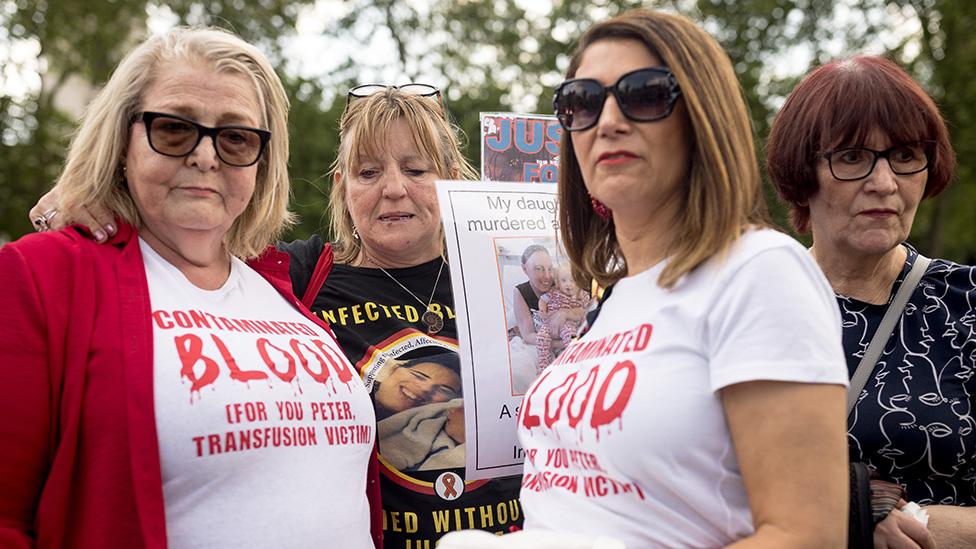Blood scandal pay-outs ignore some families, say's victim's son
- Published
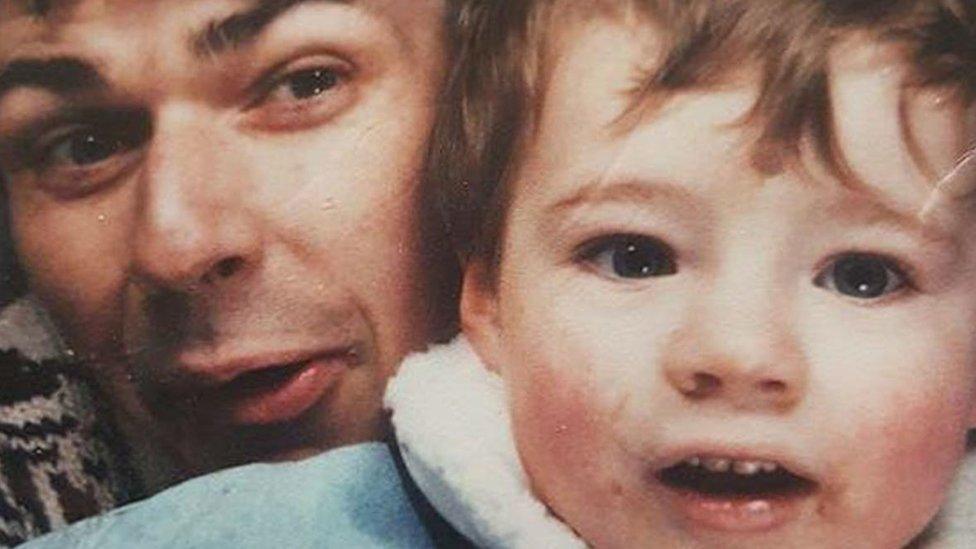
Jason Evans was four when his father, Jonathan, died in 1993
The son of a man who died after he was treated with infected blood products says pay-out plans need to go further.
A judge said that more than 4,000 surviving victims of the contaminated blood scandal should receive thousands.
However Jason Evans, from Coventry, said some families where relationships have broken down or widows and widowers have died do not stand to benefit.
The campaigner's father Jonathan died in 1993 after he contracted both HIV and hepatitis C during treatment.
Thousands of people contracted HIV or hepatitis C in the 1970s and 80s after being given a new treatment called factor VIII or IX. More than 2,400 have died as a result.
The chairman of the infected blood public inquiry, Sir Brian Langstaff, said on Friday that individuals who currently qualify for financial support, including some bereaved partners of those killed, should now get pay-outs.
It has been recommended each victim receives £100,000 with compensation intended to fund immediate bills and care needs, with final recommendations on compensation for a wider group of people expected when the inquiry concludes next year.
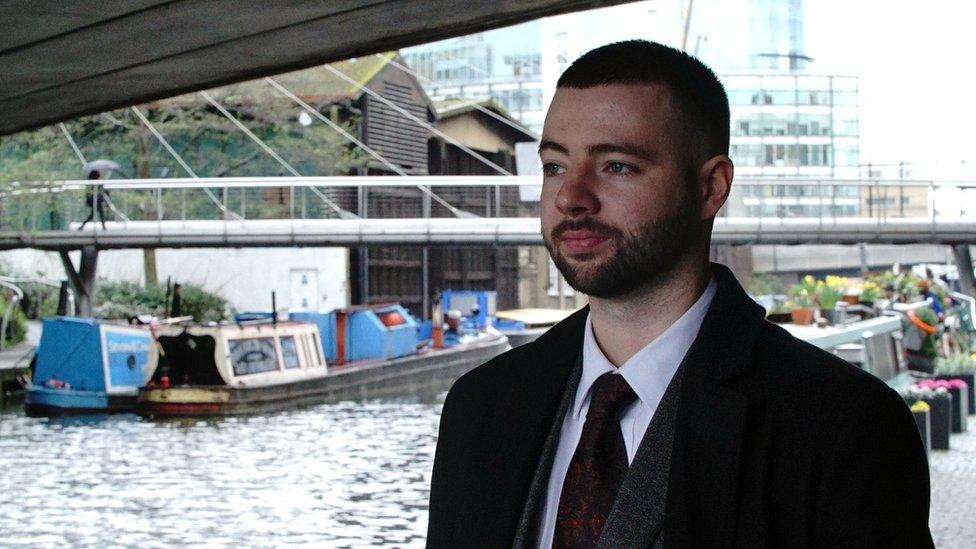
Jason Evans said the recommendations create a scheme where "some victims lives matter and others don't"
Mr Evans was just four years old when his father, who was born with haemophilia, died aged 31.
He said the proposals were a step forward but had created a system where "some victims lives matter and others don't".
Allow X content?
This article contains content provided by X. We ask for your permission before anything is loaded, as they may be using cookies and other technologies. You may want to read X’s cookie policy, external and privacy policy, external before accepting. To view this content choose ‘accept and continue’.
"There's a terrible situation where half of bereaved families, it's suggested, should get compensation and half shouldn't," he said.
"And that's because particularly for those infected with HIV, they were infected as children and so they died as children so they didn't live long enough to form relationships."
A government spokesperson said it would "consider Sir Brian's report and the recommendations of Sir Robert Francis QC with the utmost urgency, and will respond as soon as possible".

Follow BBC West Midlands on Facebook, external, Twitter, external and Instagram, external. Send your story ideas to: newsonline.westmidlands@bbc.co.uk, external
Related topics
- Published30 July 2022
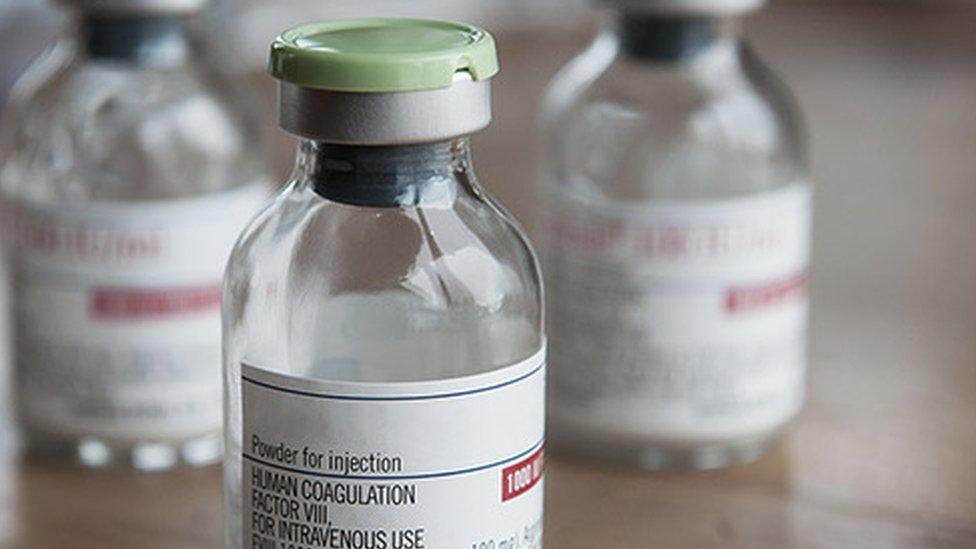
- Published29 July 2022
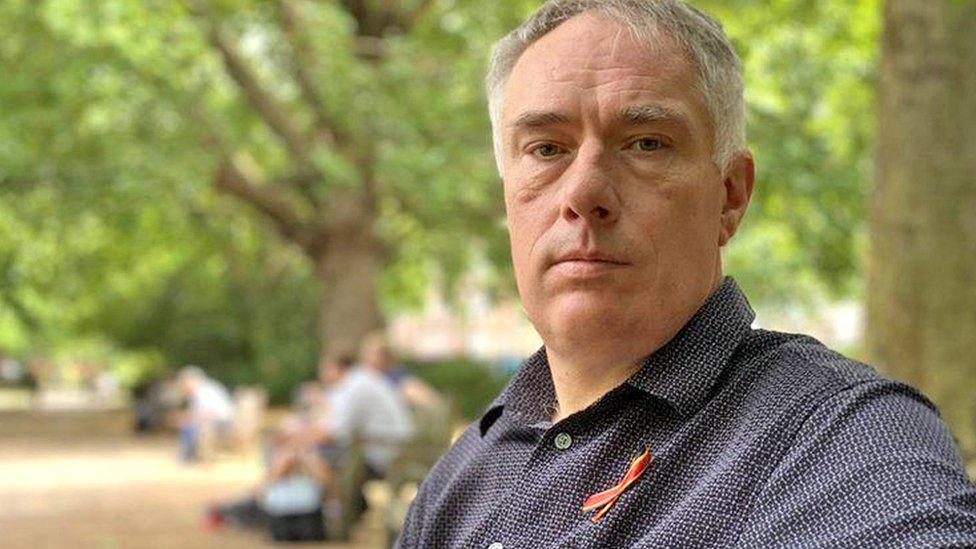
- Published10 May 2017

